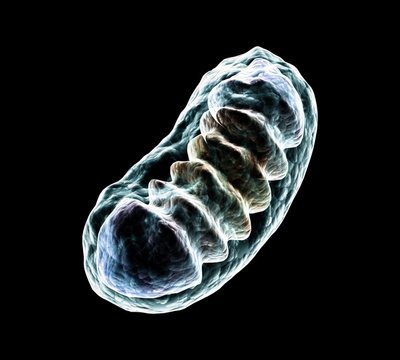Revolutionizing Plastic Production with Manipulated Cyanobacteria
The global plastic production is expected to increase by 40% in the next decade, which is a significant concern as most plastic is not recycled and ends up in the environment. This has led to the presence of microplastics in almost all regions of the earth and even in human organs. Bioplastics made from corn, sugarcane, and bio-waste have been proposed as a more environmentally friendly alternative, but studies have shown that they cannot be fully degraded and can even be toxic. To address this issue, scientists at the Eberhard Karls University have turned to manipulated cyanobacteria of the Synechocystis genus.
These bacteria produce the polyester Polyhydroxybutyrat (PHB) as a byproduct of photosynthesis from water, carbon dioxide, and sunlight. While PHB is slightly more brittle than conventional polyester, it can be used as bioplastic in combination with other polymers. The advantage of PHB-based plastic is that it can be broken down by the environment without releasing harmful substances. However, cyanobacteria produce only a small amount of PHB, so the researchers investigated whether they could manipulate the bacteria to produce more.
The study found that a natural “brake” protein called PirC limits the cellular production of PHB, while promoting the use of carbon for glycolysis. By deactivating PirC and two other genes involved in the PHB metabolism, the researchers were able to significantly increase the production of PHB. The overproduction of PHB was visible under an electron microscope, and further optimizations are being made to enable industrial use of the bacteria.
According to Karl Forchhammer, “The industrial relevance of this form of bioplastic cannot be overstated.” In addition to PHB, these microorganisms could also produce other plastic precursors and materials for the chemical industry. This breakthrough could revolutionize plastic production and provide a solution to the growing problem of plastic waste in the environment.
Moritz Koch










